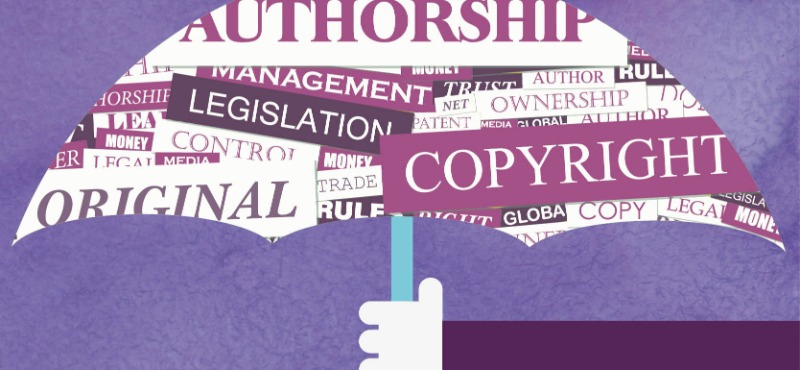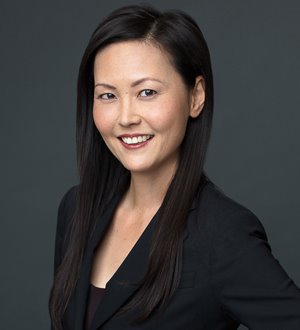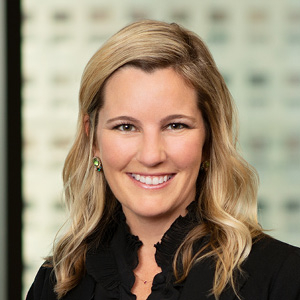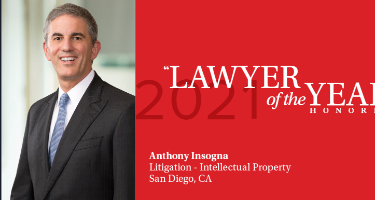What if I told you that you could stop the infringement of your client’s trademarks and copyrights before it happened?
We all know about that nifty tool called an injunction, and while an injunction can be effective, it can also be costly. Plus, even for a preliminary injunction, and certainly with a permanent injunction, it can take months to several years to obtain. Here’s where I come in.
U.S. Customs and Border Protection (CBP) is the nation’s largest federal law enforcement agency. It is charged with securing the nation’s borders, which includes over 300 ports of entry.1 CBP officers inspect packages as they enter our borders for obvious security and safety purposes, but also to enforce U.S. intellectual property rights (IPR). Last year alone, the CBP executed 31,560 IPR seizures of products totaling $1,382,903,001 in MSRP with 88 percent of them originating in China and Hong Kong.2
CBP officers must determine, first, if there is an intellectual property right at all, and second, if it is being infringed. Bear in mind that these officers, while eager to stop criminals from duping unwitting customers into buying fake—and in some cases harmful—products, are not attorneys and need assistance understanding if and what items can be seized and destroyed.
As the owner of a federally registered trademark or copyright, you can and should record your ownership claim with the CBP. The application process can be done online, and the filing fee is $190. Once filed, recordation typically takes three business days, although they can sometimes be recorded within a day. Much like with a trademark or copyright application, however, the CBP application seems fairly straightforward at first, but upon further reflection, there are many strategic concerns to consider. Be prepared to not only provide information regarding your client and its registration number(s), but also detailed information regarding any related, foreign entities, and licensees of your client and all persons or entities authorized to ship articles bearing or incorporating your client’s registered intellectual property to and from the U.S.
But what if my client’s intellectual property isn’t registered yet?
The CBP can only hold the shipment for 30 days, and typically a trademark or copyright application isn’t even assigned to an examiner within that time, let alone registered. Never fear: there are potential workarounds. For example, if your client’s trademark also happens to be a trade name, you can record its trade name whether or not your client has a pending trademark application. You can also expedite the registration of your client’s copyright claim, even if a lawsuit isn’t pending, based on a notice from the CBP. The CBP recently introduced the ability to temporarily record a copyright application, once filed. There are so many other questions and concerns that can come up, like protecting trade dress versus trademark or it being a gray market product rather than counterfeit. The best advice is to seek experienced IP counsel, at least in the beginning, to better understand these threshold concerns.
Once my client's trademark or copyright is recorded, what happens next?
Likely, you will receive calls and emails from CBP officers, informing you of a shipment that has been held. Most often, the CBP officer cannot tell you much about the sender or recipient, but they can send you photos of the products, which begins the process of identifying and confirming for the CBP officers whether they are counterfeit or not. In some cases, they are easy to spot with glaring typos and incorrect information on packaging, but other times not. The best suggestion is that if your client has telltale signs of authenticity—a hidden Easter egg, so to speak—then share that with the officers upon client's approval. The more the officers can independently detect and confirm authenticity, the less direction they need from you, saving your client money. Likewise, if your client has a style guide for its product lines, ask your client if you can share the guide with the officers.
Recordation of your client’s intellectual property rights is fast and cheap, but its impact is significant. Personally, I view CBP recordations as supplements to the arsenal of tools to confront counterfeit goods, like International Trade Commission proceedings and civil actions, but if you have a client that may not have the resources to utilize the other tools, IPRs are a highly effective tool in stopping infringement before it happens.
----------------------
1https://www.cbp.gov/newsroom/stats/cbpenforcement-statistics
2https://www.cbp.gov/sites/default/files/assets/documents/2017-Jan/FY%2016%20IPR%20Stats%20FINAL%201.25.pdf
































